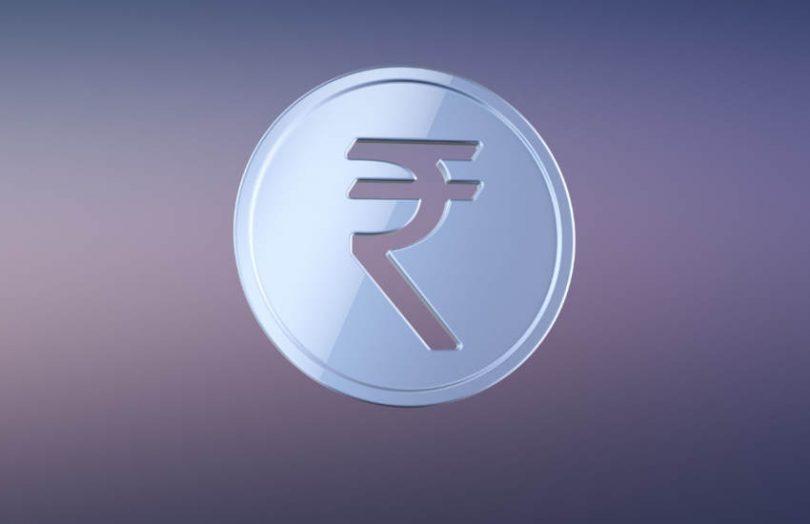The Reserve Bank of India has confirmed that its first retail digital Rupee pilot will commence on December 1. Initially, it will involve four banks in four cities, with another four banks and nine locations already identified. At this stage, it’s not a public trial with a closed user group of consumers and merchants involved.
The central bank digital currency (CBDC) is to be issued as digital tokens in the same denominations as physical cash via the banks. The participating banks – State Bank of India, ICICI Bank, Yes Bank and IDFC First Bank – will provide mobile wallets, and consumers can pay each other or shop by scanning QR codes. The settlement will be instant and like cash, the digital currency will not attract any interest.
Additional functionality will be tested in future phases. Previous unofficial reports mentioned that the National Payments Corporation of India (NPCI) is involved. While that’s highly likely, it was not confirmed in today’s announcement. NPCI is responsible for most payment rails in India.
India’s motivations for a retail CBDC are to reduce the costs of distributing physical cash and for financial inclusion. According to one of the banks involved in the pilot, IDFC First Bank, digital currency provides better privacy compared to electronic payments. It was suggested that the bank only tracks it on issuance but not in subsequent transactions. However, we’ve yet to hear of any proposed CBDC worldwide that provides a privacy level equivalent to physical cash.
The four additional banks that will join in the near future are the Bank of Baroda, Union Bank of India, HDFC Bank and Kotak Mahindra Bank.
Meanwhile, a month ago, the central bank commenced its first wholesale CBDC pilot to settle secondary market transactions for government bonds.






